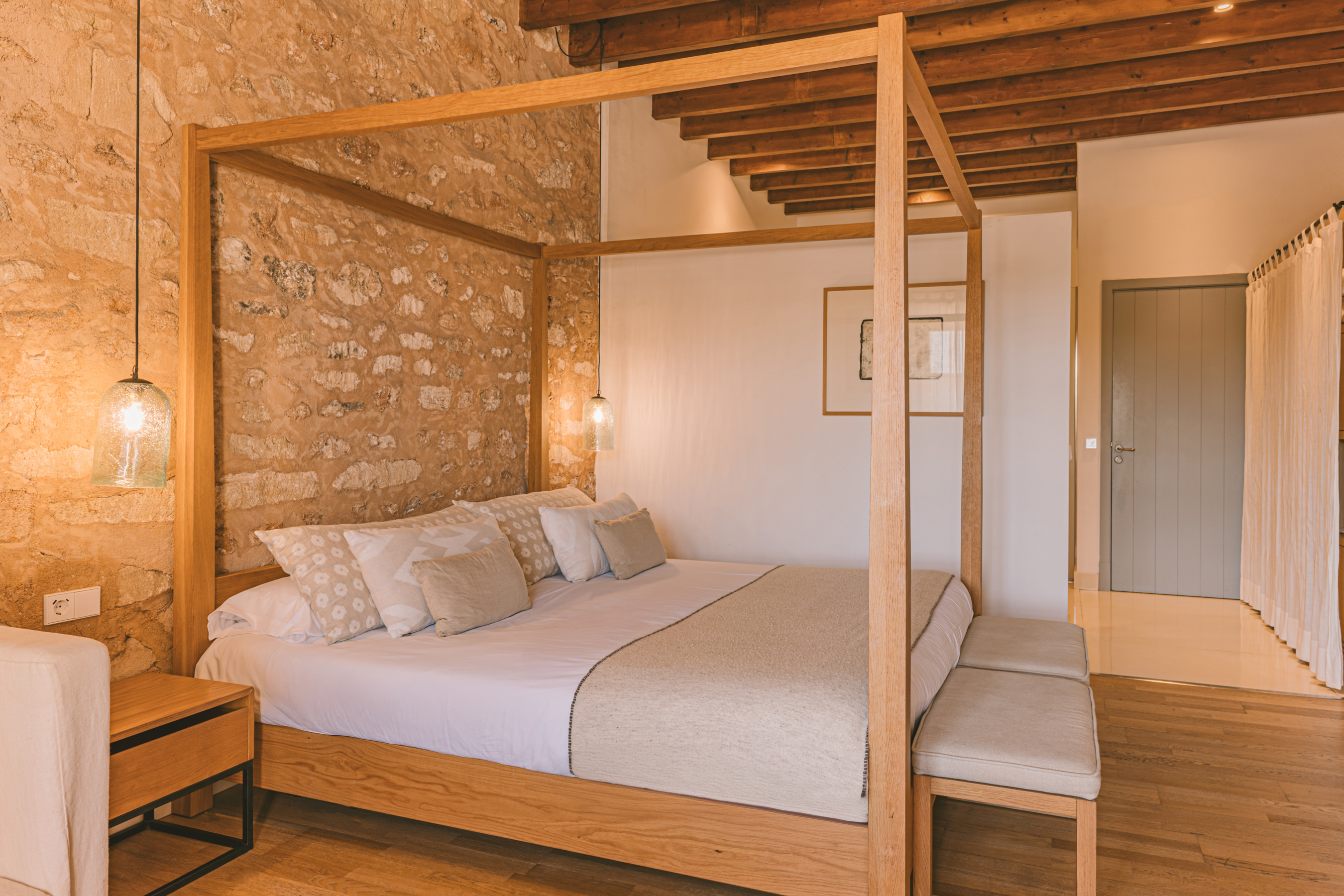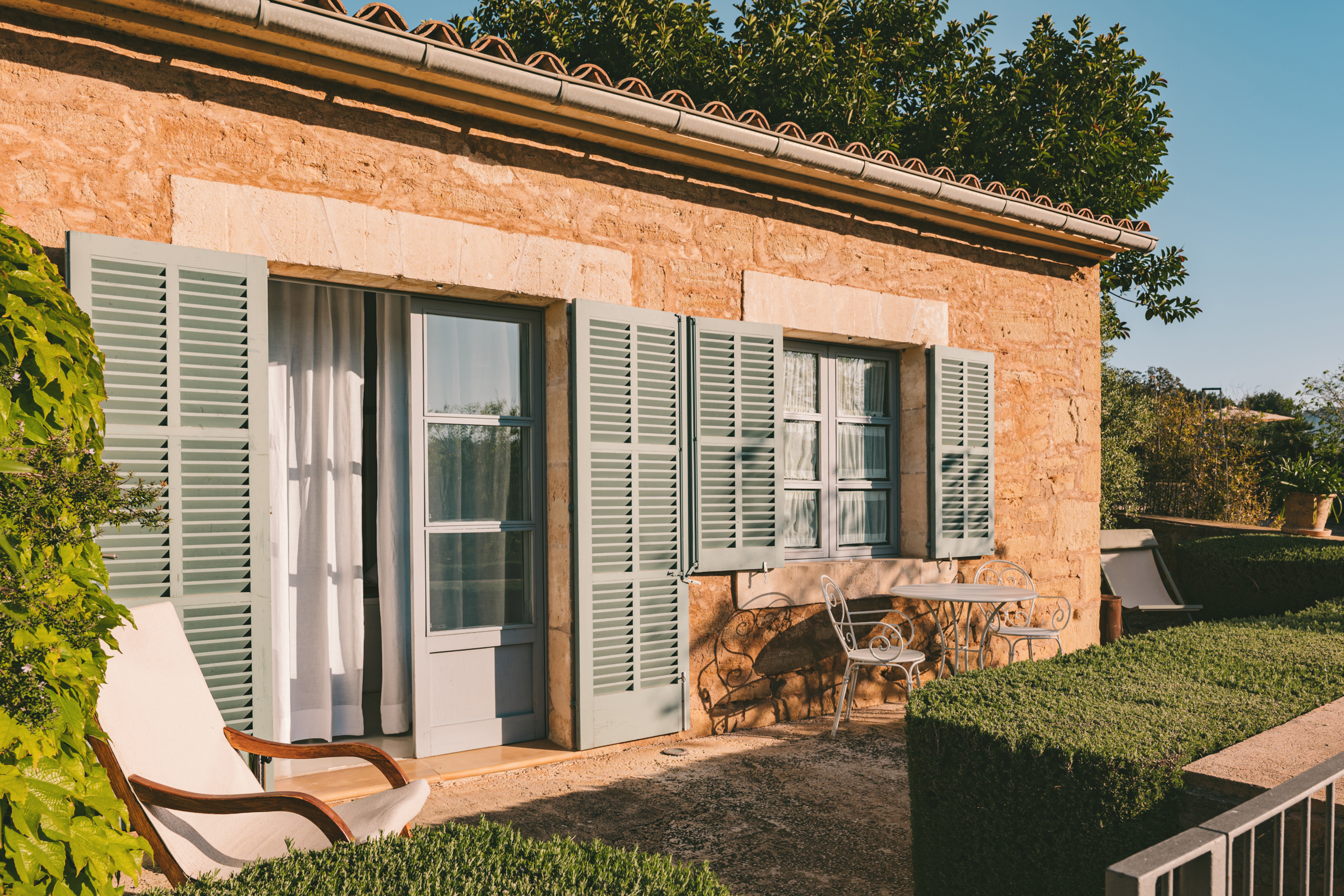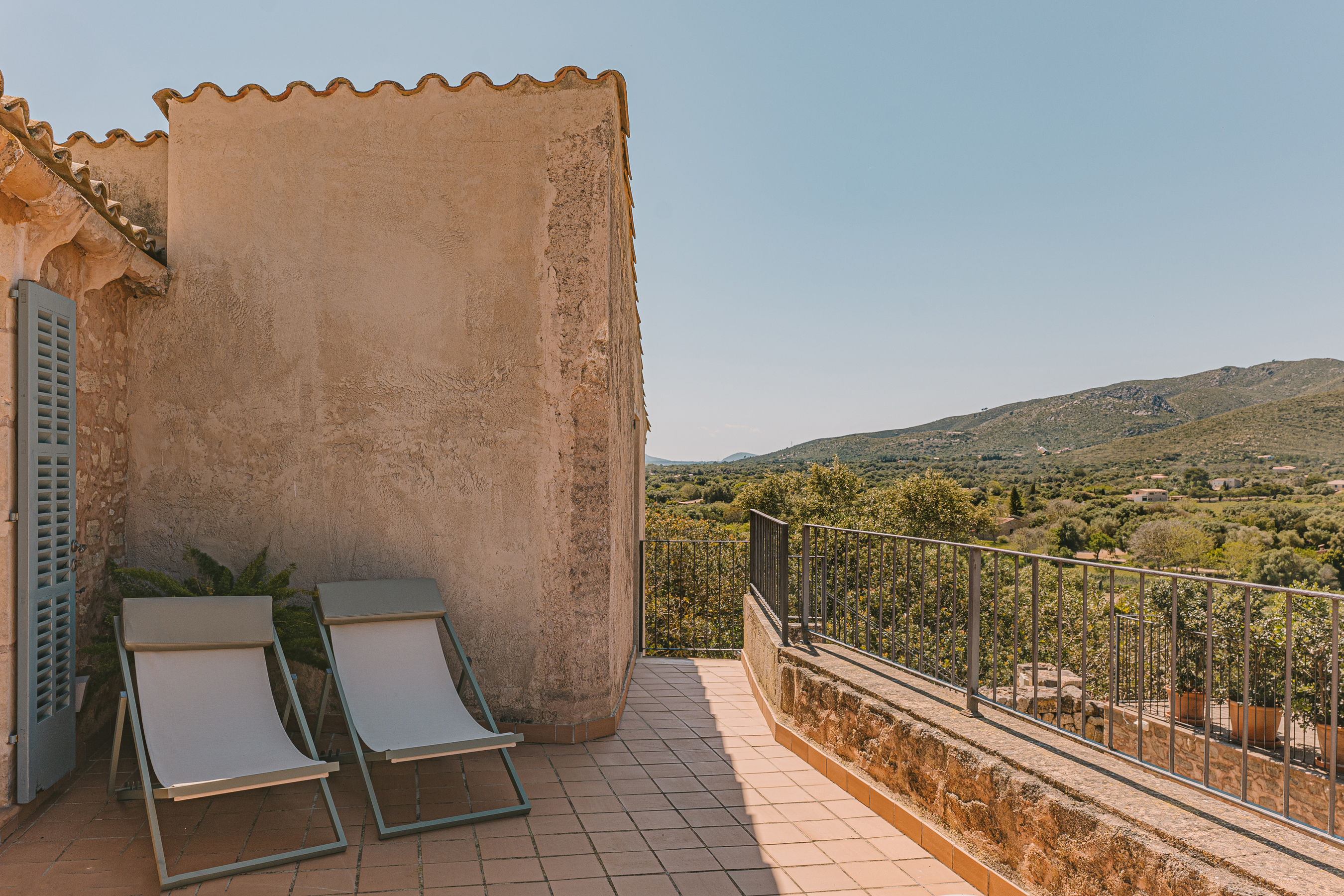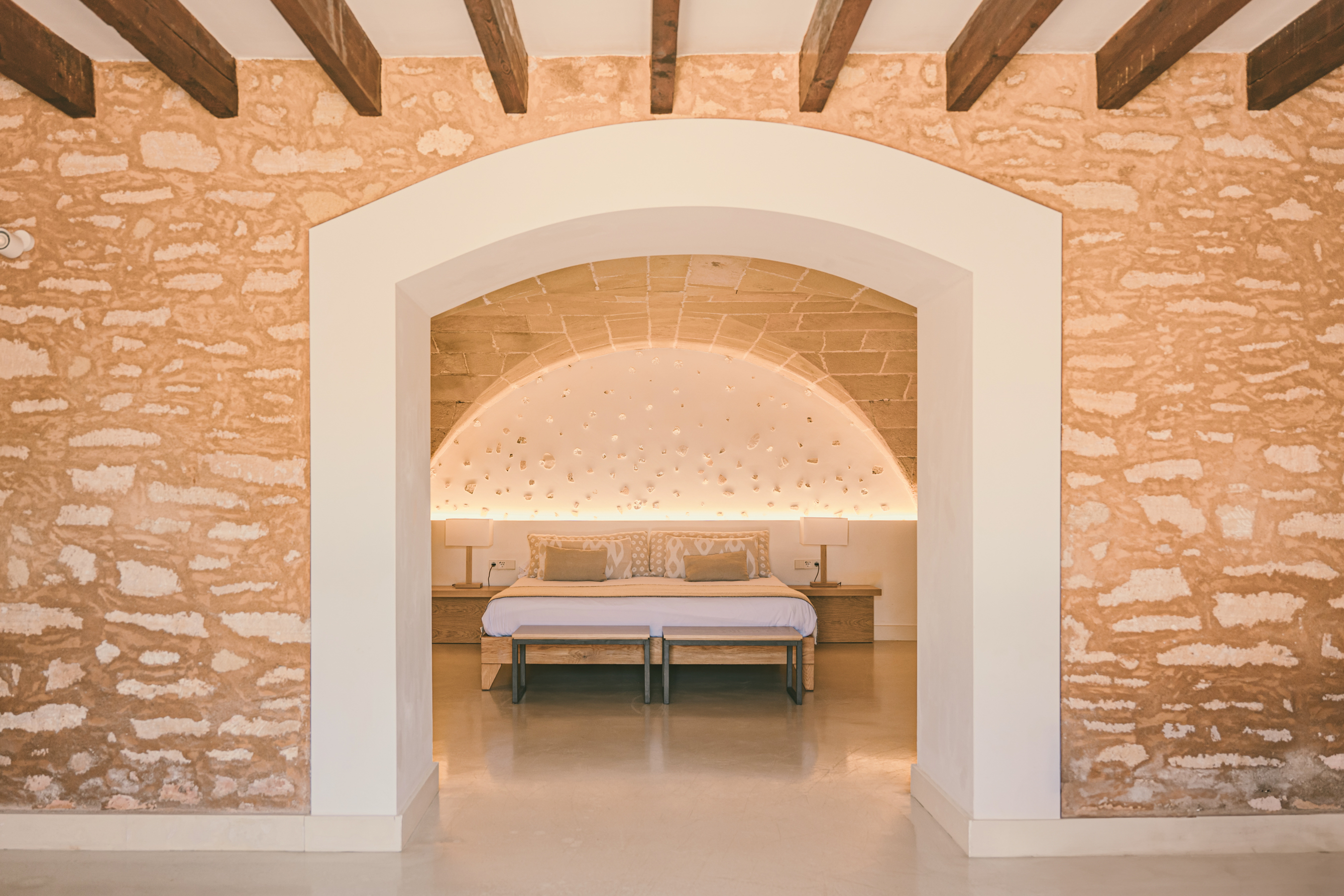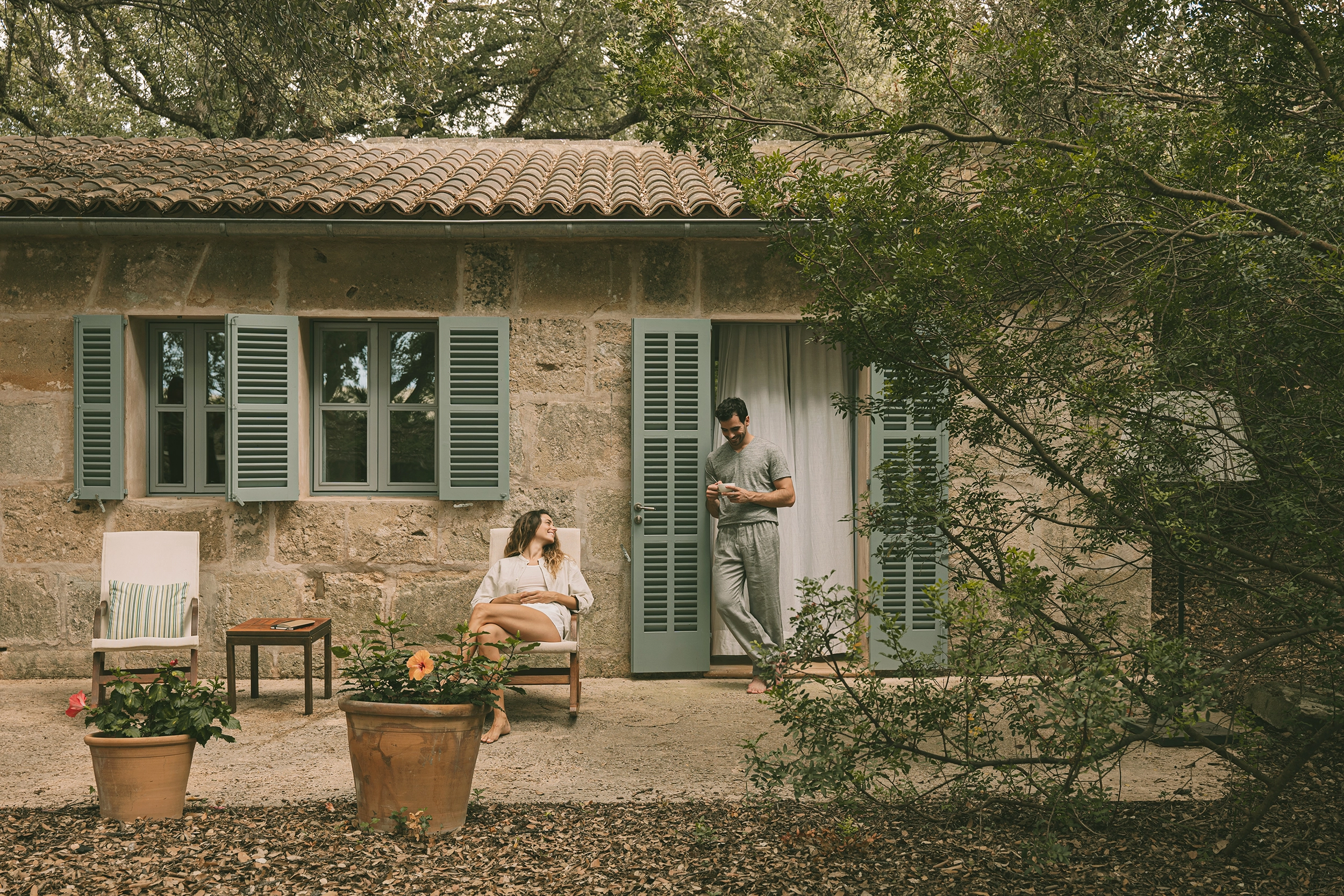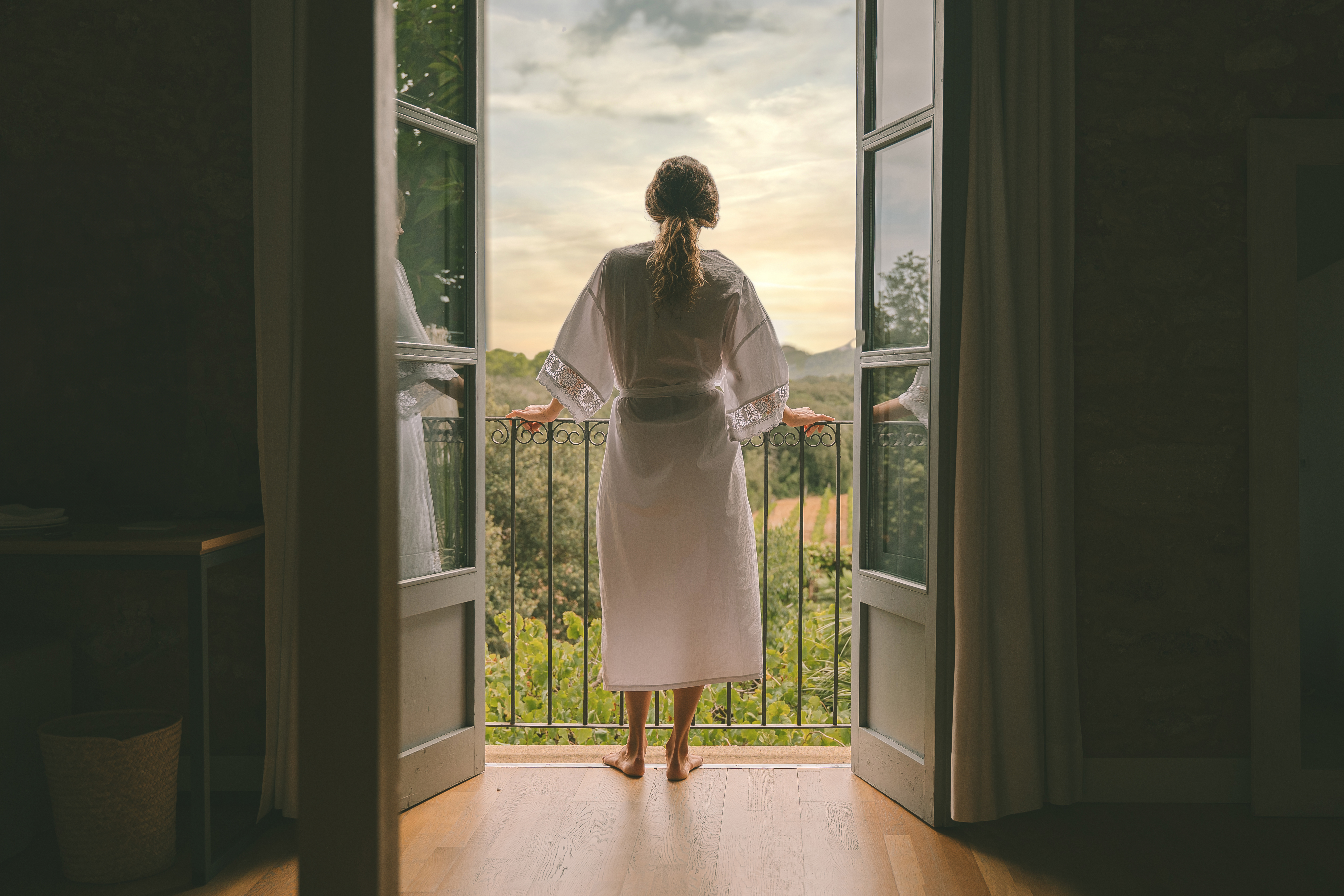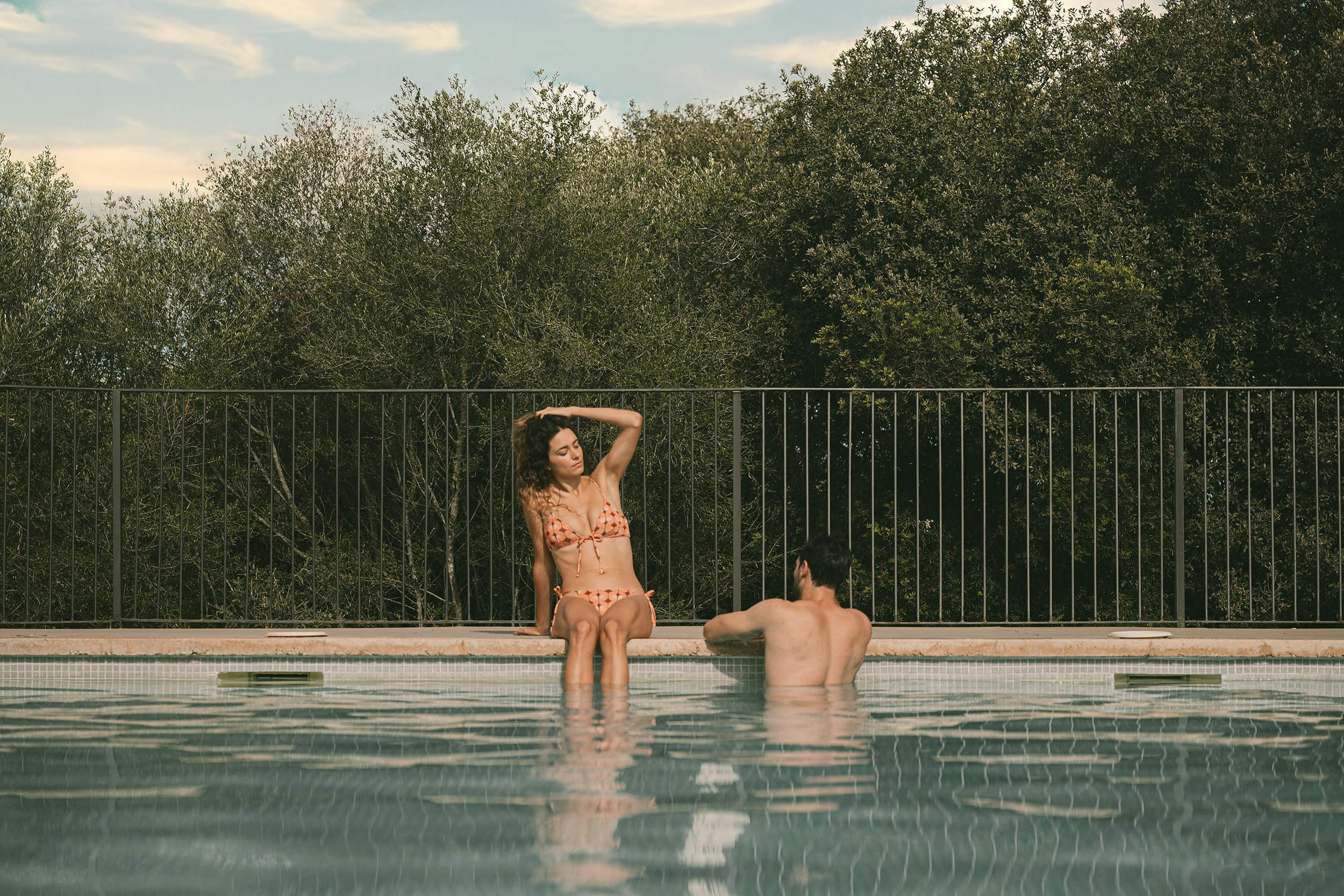11/13/25
Sustainable travel guide to Mallorca: How to enjoy without leaving a trace
Mallorca needs no filters to shine: here, amidst alleys with green shutters, twisted olive trees, and lively plazas, every day offers a different plan. Just step off the beaten path to discover that this island is pure character, with a thousand stories waiting on every corner for those who truly explore them. More and more travelers are looking for ways to move and enjoy without harming the environment, and that's where sustainable travel makes sense.
What if, instead of always following the same paths, we choose to explore local markets, tranquil routes, or projects that protect nature? Sustainable travel in Mallorca means choosing local experiences, supporting those who keep traditions alive, and discovering hidden gems that rarely make it into photos. This guide is an invitation to explore the island with curiosity and respect, joining those who want Mallorca to remain that special place for a long time to come.
Mallorca beyond the postcards
Many people think of Mallorca and envision picture-perfect beaches and parties that last until dawn. And yes, there's some of that. But reducing the island to that image is like judging a book by its cover. In reality, Mallorca is a treasure of history and culture that unfolds as soon as you venture a little away from the coast. Its inland towns, like Valldemossa, Deià, or Sineu, are not just pretty backdrops, but living stages where time seems to have its own rhythm. Here, cobblestone streets tell tales of past eras, and every corner hides an architectural heritage ranging from Gothic churches to stately possessions (rural estates).
To discover this other side of the island, there's nothing better than immersing yourself in its cultural agenda. Forget mass-produced souvenirs and seek out local artisan workshops or visit a small art gallery in Palma. Explore the weekly markets where you'll find not only fresh produce but also the social pulse of the community. Sign up for a theatrical tour at the Castell de Capdepera or participate in the artisan workshops offered at the markets in Artà. By choosing these activities, managed by local islanders, you not only gain an authentic experience but also contribute directly to the local economy and practice sustainable travel. It's a simple and rewarding way to travel, where your curiosity supports the preservation of the culture that makes Mallorca such a special place.
Nature and sustainability: routes and protected areas
Let's forget for a moment the cliché of the "paradise island." Mallorca reveals its true nature when you dare to set foot on land and venture into areas far from the sound of the waves. Among the hills of the Península de Llevant, the paths leading from Capdepera to Artà or descending towards Cala Mesquida and Cala Agulla become a true ritual for those who understand that enjoying the landscape doesn't mean leaving a trace. Here, pine forests hide makeshift viewpoints, where sometimes only a goat and the breeze accompany you. Walking the Camí de s’Ermita or cycling among old almond groves is a simple—and very real—way to get to know the territory without disturbing its rhythm.
There are plenty of options for travelers who prefer to add experiences without subtracting from nature. Kayak trips from Cala Ratjada, guided routes to the Puig de sa Cova Negra, or interpretive tours organized by local associations give a different meaning to responsible tourism: they prioritize knowledge and respect. Here, asking local guides and letting yourself be carried away by their stories often opens more paths than any hiking app.
Exploring Mallorca reveals routes for all tastes, from rural paths like the Vía Verde Manacor-Artà to trails in the Serra de Tramuntana, ideal for getting lost among holm oaks and dry stone walls. The rule for enjoying these sustainable routes is simple: always respect your surroundings. Local flora and fauna are not there to be collected, but to coexist with those who know how to observe without leaving a trace. Every step counts, and at the end of the day, everything that goes up in your backpack must come down with you. Thus, each walk transforms into a small commitment, a way to travel sustainably so that Mallorca's nature remains that discreet treasure that deserves to be discovered slowly.
Local gastronomy: a journey to sustainable flavor
To speak of the Mallorcan table is to speak of the land and the sea in the present. Everyday life takes the form of products that have grown at the rhythm of the climate and tradition, far from passing fads. On a market tour—Artà and Sineu on Wednesdays—the stalls weave the story of the season: the vibrant pulp of the ramellet (a local tomato variety), fish fresh from the boat, still-cloudy olive oil. By choosing local, the dish gains a real echo, and the act of eating becomes a statement of intent.
Restaurants that focus on nearby producers don't seek unnecessary embellishments, but rather respect for the ingredient. There are chefs who craft menus from what the garden and the sea have offered that month. Cooperatives, humble vendors, and kitchens that mention the origin of their wines or vegetables are building another way to travel sustainably.
This approach to gastronomy is also a lesson in balance: by joining short supply chains and preferring what ripens without haste, not only is agricultural diversity protected, but also the island's memory, which simmers slowly.
Responsible accommodation: where to stay to make a difference
Choosing where to sleep during a trip is much more than a simple matter of comfort; it's a decision that defines the impact of our stay. Accommodation can be a regenerative force or a pressure factor on local resources. Therefore, opting for places that integrate sustainability into their business model is a fundamental step for anyone looking to travel sustainably, ensuring that our rest contributes positively to the destination.
In Mallorca, the offer of committed accommodations is increasingly broad and diverse. Beyond large resorts, there are agritourism properties that have rehabilitated old possessions (rural estates), transforming them into spaces where organic farming is practiced and the use of renewable energies is encouraged. Look for establishments with recognized environmental certifications or those that openly communicate their practices, such as waste management, water saving, or the use of eco-friendly cleaning products. In this way, the place where you rest becomes a coherent extension of your sustainable travel, a space that not only welcomes you but also cares for the cultural and natural environment you've come to discover.
A sustainable oasis in the heart of Mallorca
Practicing sustainable travel is a philosophy that, at Predi Son Jaumell, we have integrated into every detail. We understand that sustainable travel means staying in a place that respects and celebrates its surroundings. That's why we have rehabilitated a historic Mallorcan possessió (rural estate) to offer a refuge where rest and environmental commitment go hand in hand. Our 24 suites, decorated in a style that blends tradition and comfort, invite tranquility in the heart of the Mallorcan countryside.
The heart of our proposal is our own vegetable garden, from which chef Andreu Genestra obtains ingredients for the kitchen of our Bistro Senzill restaurant. This farm-to-table cycle minimizes our footprint and maximizes flavor. We have swimming pools and over 3,000 m² of gardens for you to get lost among holm oaks and centenary olive trees. We believe that true luxury lies in tranquility and in knowing that your stay supports a regenerative model.
Experience Mallorca from its roots, in a place that cares for the land that hosts it. Book your stay at Predi Son Jaumell and turn your visit into a gesture for sustainability.

